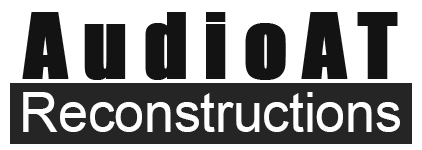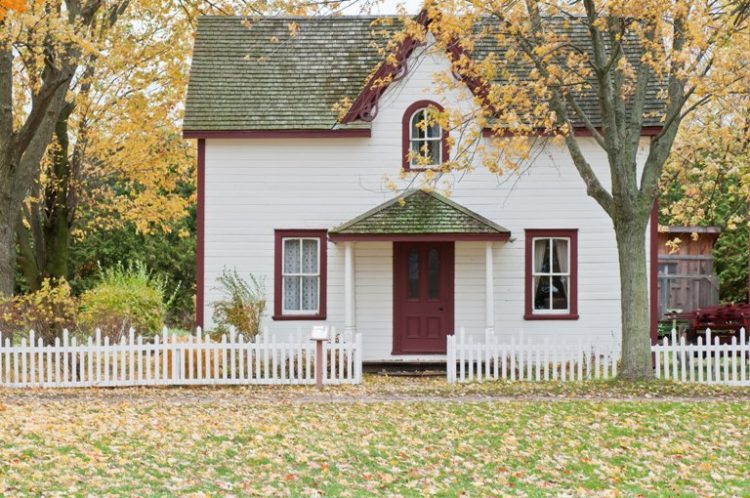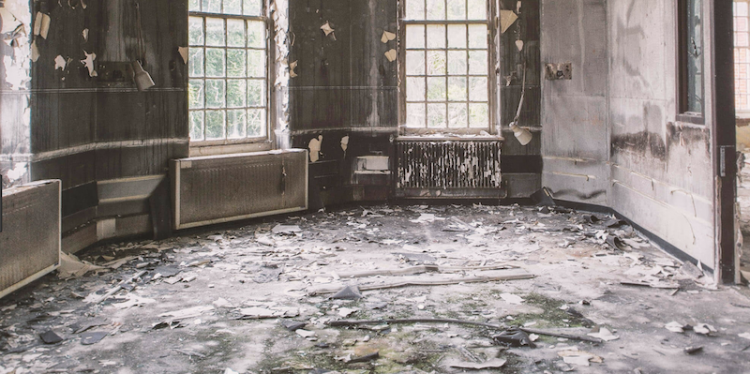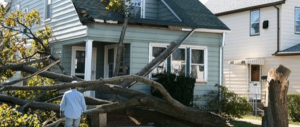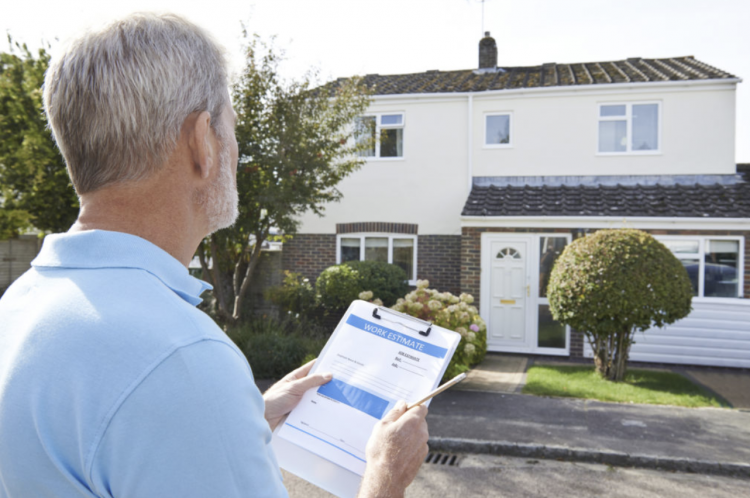Flipping houses can be profitable and rewarding in a lot of ways especially if you know how to play your cards well. This is one of the reasons why it remains relevant in the real estate field no matter how unstable the housing market is.
We cannot deny that such venture is associated with several risks and perhaps, some losses for some investors. On top of that, the increasing prices of homes and other residential properties has made flipping business more challenging in most housing markets.
For this reason, we are offering some suggestions and tips on how to choose the right property if you want to give this venture a brave shot. We are focusing our methods on basic strategies that can maximize your profits from a flip.
Search for Distressed Properties
The main objective of buying and reselling a property is to generate profit out of it. Distressed homes, like those on foreclosure or houses that require renovation, are just some of the properties that you can add on your list.
Basically, the largest percentage of profit becomes apparent the minute you purchase it and not necessarily when you resell it.
Here’s the deal; distressed properties are typically being offered to investors at a lower market value in comparison to other homes that are within the same area.
Real estate investors that have become successful in flipping houses know exactly how to identify a distressed property that can guarantee a good profit.
Some factors to consider are; location, extent of damage and cost of repair among others. Furthermore, successful house flippers actually make good money when they know well enough how to get rid of the distressed elements of the property in order to sell it for a profitable price.
Determine if Buying the Property Makes Sense
Make sure that the purchase price of the property plus the cost of renovation and other related costs will be able to provide you with a comfortable margin once it’s time to sell.
Take the time to review the market value of properties that are comparable to the one you’re investing on.
This can make you understand what types of properties actually sell and what does not within the area. Take into consideration factors like the size, location and state of the property.
Also, take the time to calculate the risks by looking at the worst-case scenario. Consider how close to the median home price your investment would be once it’s ready to be listed in the market for sale.
A lot of house flippers focus on properties that fall close to the median price within the neighborhood. The reason is because such properties are more likely to appeal to a larger market and a bigger audience compared to a property that’s at the top of the market.

Identify the Selling Points You Should Focus On
House flippers and buyers of flipped houses do not want to encounter any structural damages, impairments and major issues to a property. Therefore, both parties must check on this before even attempting to close a deal.
It is crucial to have the property inspected and assessed to minimize the risks and losses for both parties.
This is important in order to determine if the investment is worth the risk, the time and the effort.
Upon confirmation that there are no significant and consequential issues or damages to the property, the next factor to consider is the location.
Is the location safe and accessible to areas of interest? Is it marketable? Does it make sense for anyone to buy the property? Are the houses or units occupied by real homeowners? Or, is it located in an area where most houses are on foreclosure?
Identifying your selling points will make it easier for you to weigh the pros and cons of investing on a property.
Moreover, it can help you determine a suitable market and a perfect marketing strategy to make your venture successful, profitable and rewarding.

Be Aware of the Areas and Aspects that You Must Focus On
According to studies and market research, 60-80% of homebuyers play close attention to the quality of the kitchen and bathrooms.
Therefore, it is safe to conclude that kitchen and bathroom remodeling can offer some of the biggest returns.
Intelligent flippers and smart property investors strategically assess the restoration or renovation that a property requires.
The goal is to improve the property, pay attention to the most important elements and successfully market and resell it.
In addition to that, smart investors also have the skills and ability to recognize the “potential for profit” before even committing to buy it.
Needless to say, to become a successful house flipper, it is important to be on the lookout for properties with enough potential and allowance for you to add more value to it. You must learn how to easily identify the right properties and the most promising locations.
Finally, some elements that can add value to a house are; fresh new paint, efficient water damage restoration and mold elimination.
Other things to consider are; shiny and new bathroom fixtures, roof repair, new kitchen cabinets and additional storage spaces that maximize the area. Prioritize other aspects as necessary.
